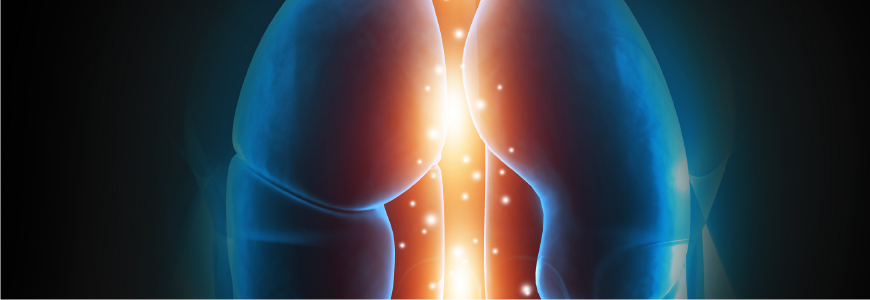Duke’s Lung Transplant Program is advancing care with a renowned surgeon joining the team to expand the living donor program. Hiroshi Date, MD, PhD, joins the Duke faculty after more than 25 years of experience in pioneering living donor lobar lung transplantation in Japan.
“With the addition of Dr. Date, we hope to advance our surgical techniques and offer patients even better outcomes,” says John M. Reynolds, MD, medical director of the Duke Lung Transplant Program. “We can expand to do other types of transplant and improve access for patients we couldn’t have transplanted in the past, so these patients can stay in our region now.” Reynolds adds that Date’s experience in transplanting patients as young as 2 years old will also help to increase pediatric lung transplant access in the region.
“Dr. Date is bringing a new technique with him from Japan to Duke,” says Allan D. Kirk, MD, PhD, chair of the Duke Department of Surgery. “He is one of the few world authorities on living donor lung transplantation, and this new international addition to our team will serve to make our already nation-leading team even more capable.”
Specialized experience and techniques
After training in lung transplantation in the United States, Date returned to Japan to practice, only to wait years for a brain-dead lung donor without results. He was instrumental in crafting the protocol for living-related donors to give one lobe of their lungs, typically with two relatives donating.
Using multiple, related donors can help decrease rejection — even if one lung is rejected, the other might be successful, extending the patient’s life. “The outcome is generally equal or better after living relative transplant, even though patients are significantly sicker than cadaveric transplant recipients,” says Date.
“My first patient to receive living donation was on a ventilator until her mother and sister donated lobes. Twenty-six years later, she is active and can do whatever she wants to do,” he adds. Date has performed 170 living donor operations out of his 450 transplant surgeries before joining the faculty.
The author of more than 600 peer-reviewed publications, Date has pioneered pediatric procedures, modified lobar/full lung transplants, and bone marrow/lung transplantation, bringing a high level of expertise in specialized procedures to North Carolina.
Advanced care for lung transplant
Date’s decades of experience complement Duke’s lung transplant program, already the largest program in the United States by total volume. With a median wait time of only 15 days versus the national average of 49, Duke has extensive experience for patients with complex illnesses, immunologic deficiencies, heart disease, and more.
“Dr. Date helps to continue Duke’s history of leadership, experience, improving the science of transplant, and increasing access. He is truly an expert and a leader in the field,” says Reynolds. “We are excited for patients and the broadened options they will have with Hiroshi as part of our team.”
